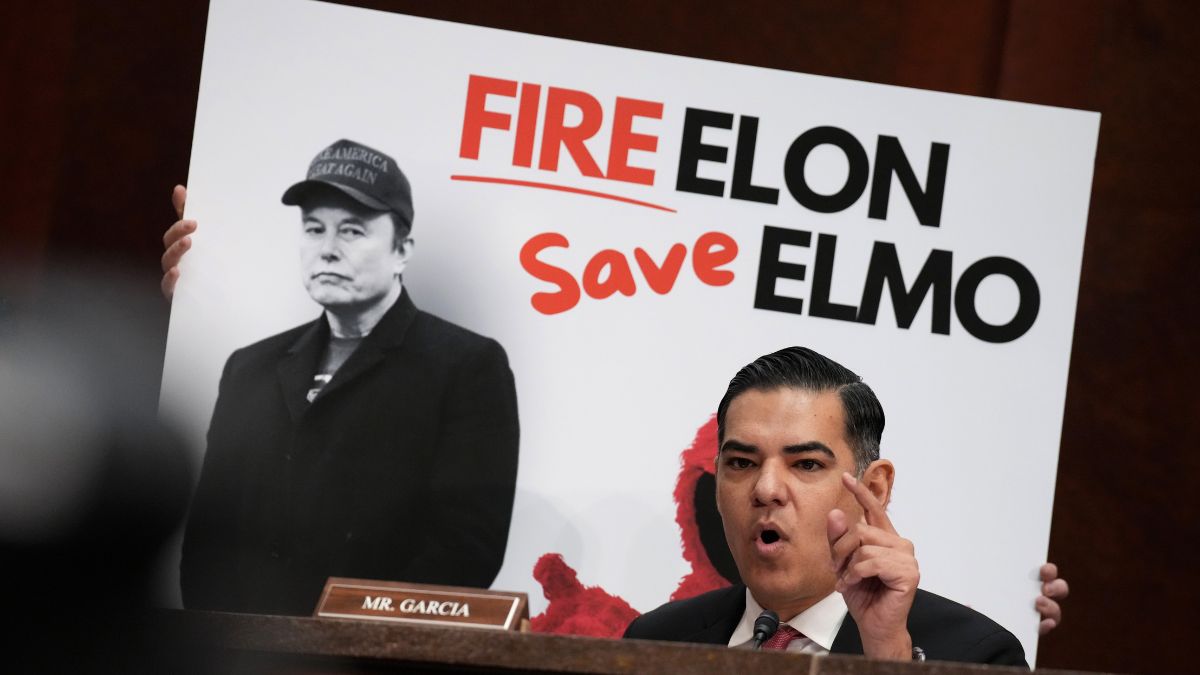
National Public Radio (NPR) and three Colorado public radio stations (Colorado Public Radio, Aspen Public Radio, and KSUT) filed a lawsuit against the Trump administration. They claim that an executive order meant to stop federal funding for NPR and PBS violates the First Amendment.
According to NPR, the lawsuit, filed in federal court in Washington D.C., argues that President Trump’s actions are illegal retaliation for what he sees as media bias and that they unfairly target certain viewpoints. The executive order told the Corporation for Public Broadcasting (CPB) and other federal agencies to stop all federal funding for NPR and PBS. It also instructed these agencies to find and cut off any indirect public funding for the organizations.
ABC News reported that the White House defended the order by saying that NPR and PBS do not provide a “fair, accurate, or unbiased portrayal of current events.” Public statements from the President and his supporters also called the public broadcasters promoters of “left-wing propaganda,” pointing to specific examples of what they called biased reporting, such as supposedly ignoring the lab-origin theory of COVID-19 and not covering the Hunter Biden laptop story.
NPR and other stations sue Trump administration
The lawsuit argues that the executive order is a clear attempt to punish NPR and PBS for their news coverage. The plaintiffs say the order’s real purpose is to retaliate against the organizations for reporting the President dislikes and to silence their First Amendment rights. The legal filing specifically calls the order “textbook retaliation” and says it interferes with the organizations’ freedom to associate and make editorial decisions.
NPR’s Maher said, “this is retaliatory, viewpoint-based discrimination in violation of the First Amendment. The Supreme Court has ruled numerous times over the past 80 years that the government does not have the right to determine what counts as ‘biased'”
— Mario Nawfal (@MarioNawfal) May 14, 2025
NPR: “TRUMP CUT OUR ALLOWANCE. SO NOW WE NEED YOURS.”
Once upon a news cycle, in a democracy allegedly hanging by a thread, the brave defenders of tote-bagged truth at NPR faced their greatest challenge yet: someone dared to cut off their taxpayer funding.
Trump, the… https://t.co/FPg1bribaS pic.twitter.com/TuzCu0xd9N
A key part of the lawsuit’s argument is that the President is overstepping Congress’s power to control funding. The plaintiffs say the administration is bypassing the normal process for distributing federal money, which Congress had already approved two years in advance to protect public broadcasters from political pressure. The lawsuit names President Trump, White House budget director Russel Vought, Treasury Secretary Scott Bessent, and Maria Rosario Jackson, the chair of the National Endowment for the Arts, as defendants.
The White House did not immediately respond to the lawsuit. However, the CPB, a private nonprofit authorized by Congress, has effectively ignored the President’s order. CPB’s chief executive said the corporation is not a federal executive agency and is not under the President’s control. Congress, the argument goes, specifically banned any federal agency from interfering with CPB or the groups it funds. The CPB has kept giving money to NPR and PBS and says it has no legal power to stop.
The lawsuit emphasizes the close connection between NPR and its member stations. NPR gets about 1% of its yearly revenue directly from the CPB, with a few more percentage points coming indirectly through member stations. The CPB provides 8% to 10% of the average public radio station’s yearly income. The stations and NPR work together on news gathering, sharing content, and setting ethical standards, creating a network that millions of Americans rely on for news and information.







